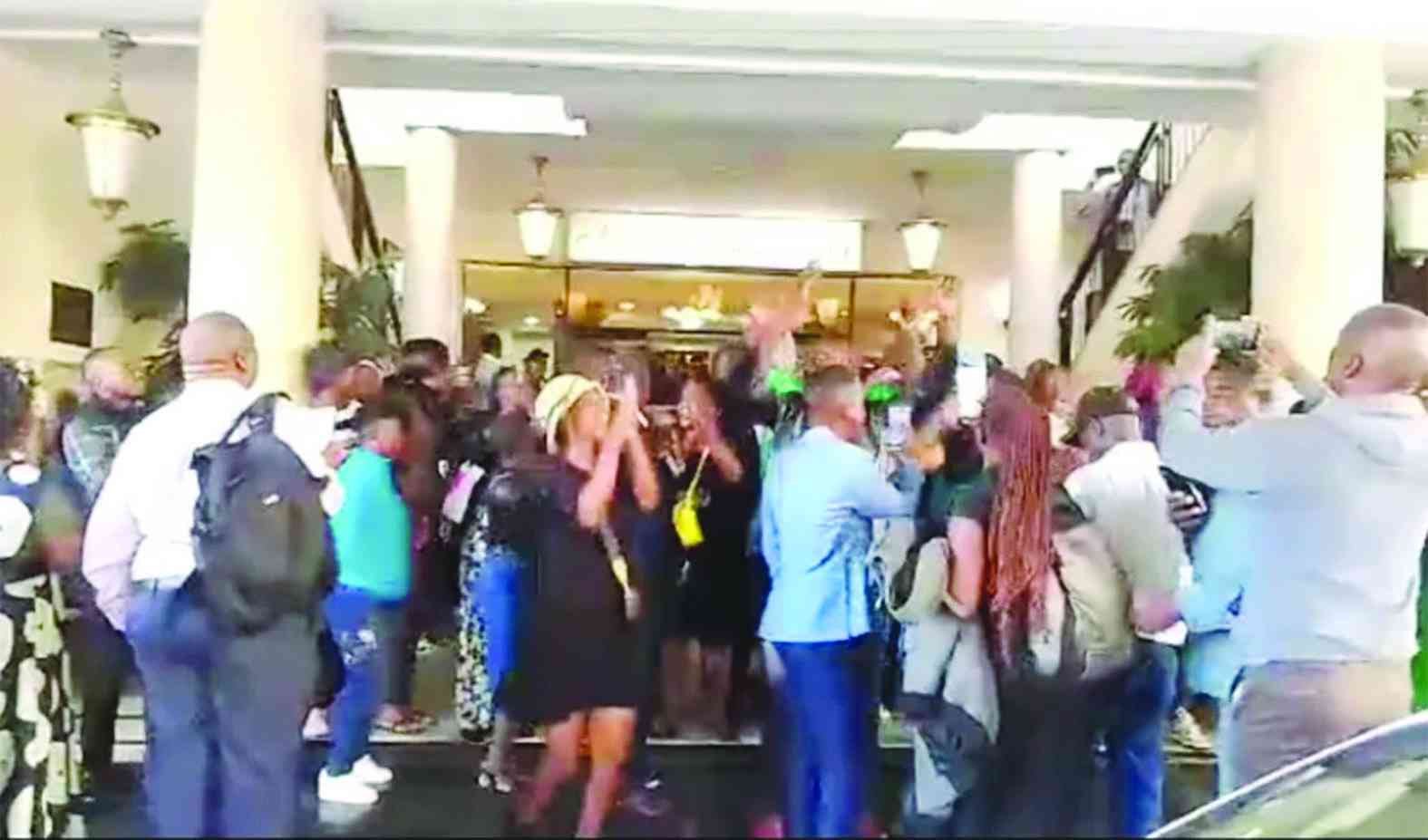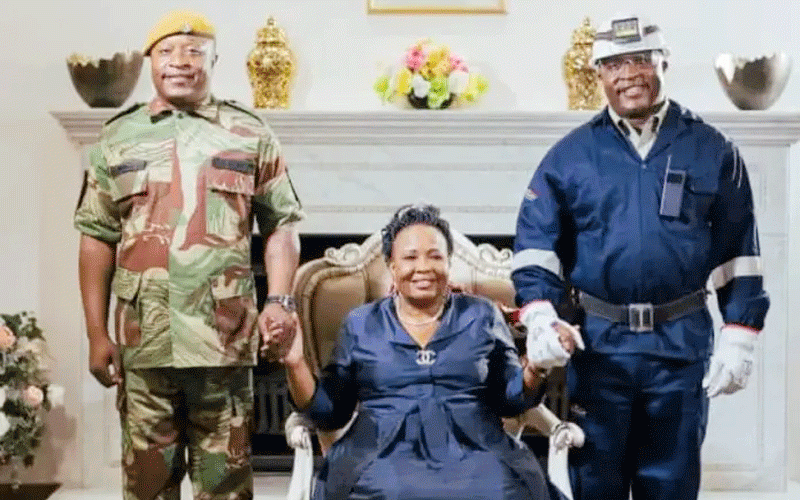
HUMAN rights campaigner Farai Maguwu has petitioned Speaker of the National Assembly Jacob Mudenda to reconvene public hearings on the Private Voluntary Organisations (PVOs) Amendment Bill after the meetings were disrupted by suspected Zanu PF activists.
The public hearings, held from May 13 to 17 countrywide and meant to solicit the input of the public and other stakeholders on the controversial draft piece of legislation, were conducted by the Parliamentary Portfolio Committee on Public Service, Labour and Social Welfare.
The Bill seeks to regulate the operations of civic society organisations, which government claims are allegedly funded by powerful Western countries to effect regime change in Zimbabwe.
This is the same line that was picked by the suspected Zanu PF youths who disrupted the hearings as they shouted that the amendments would “curb terrorism”.
There is no doubt that people hold different views on any subject. What should never be tolerated is allowing a certain group of people to disrupt a key process in the formulation of a law, which will have far-reaching repercussions for the country.
In any democracy, people should be battling over ideas and not resorting to employing a rent-a-crowd to disrupt a key parliamentary process, a behaviour akin to tinpot dictatorships.
What then is the role of hearings if the public is not allowed to air their views?
Public hearings emanated from the 1999 recommendations of the Parliamentary Reform Committee that emphasised, among others, the “need for a more effective, open, responsive and responsible Parliament”.
- News in depth: ‘Cross-border raids’: Zimbabwean illegal miners wreak havoc in Botswana, SA
- News in depth: Mnangagwa’s push for $12 billion mining industry imperils communities
- News in depth: British investor digs in over Marange diamond concession saga
- News in depth: ‘Cross-border raids’: Zimbabwean illegal miners wreak havoc in Botswana, SA
Keep Reading
According to Parliament, public hearings are meant to inform the public and interested parties about proposed changes and implications of public policy; obtain public views and recommendations on public policy programmes; facilitate an appreciation of government policies and legislation and, therefore, reduce or eliminate chances of difficulty in policy implementation.
This should help to foster future partnerships that bring about change; and sensitise lawmakers and policymakers to popular sentiments and to get first-hand feedback from the public about local concerns, perspectives and suggestions for improvement through open interaction.
Section 67(d)(1) of the Constitution gives every citizen the right to participate in political processes.
It states that every citizen has a right to “participate, individually or collectively, in gatherings or groups or in any other manner, in peaceful activities to influence, challenge or support the policies of the government or any political or whatever cause”.
A certain group of people should not be allowed to ride roughshod over law-abiding citizens who will be contributing for the good of the country.
Parliament must reconvene the hearings so that citizens are not disenfranchised.






